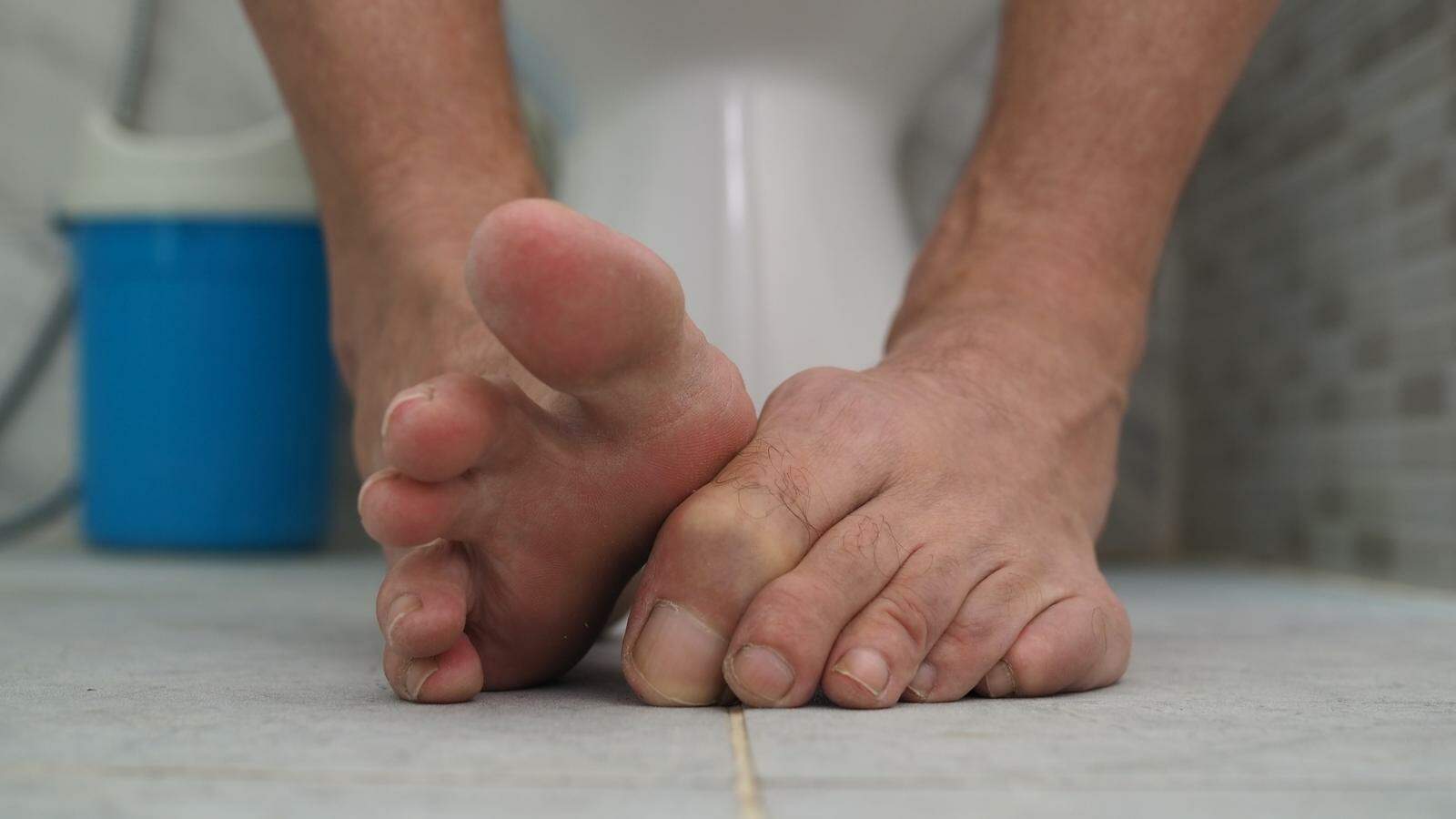It’s a sad reality that entering your 60s brings a host of new health challenges, and they’re never fun to deal with. Thankfully, with the right approach, these challenges can be managed. To assist you with them, here are a few of the most common health challenges faced in our 60s and some practical ways to address them.
Hearing Loss

Just like our sight, hearing diminishes when we hit our 60s. Thankfully, there are ways to minimize this damage: avoid loud noises, use ear protection, and your ears should be OK. Regular hearing checks are also important, and if you need a hearing aid, wear it, for goodness sake.
Joint Pain

Arthritis commonly affects joints as you grow old, causing all sorts of pain and stiffness. The best way to mitigate this is to maintain a healthy weight, reducing joint strain. Regular, low-impact exercise like swimming or yoga also keeps joints flexible, so whatever you do, make sure you’re keeping active.
Sleep Disturbances

One of the most frustrating parts of getting older is how our sleep patterns deteriorate. Insomnia, restless nights, and early wake-ups plague our 60s, but there are ways of preventing this. Establish a consistent sleep routine, avoid caffeine and electronic screens before bed, and you’ll find sleeping a little easier.
Cardiovascular Health

Sadly, the NIA reminds us that heart disease risk increases with age, so it’s important to mitigate this. Eat a diet rich in fruits, vegetables, and whole grains, and along with getting regular exercise, your heart health will improve. Avoid smoking and limit your alcohol intake, too.
Bone Density

As you get older, osteoporosis becomes a concern, leading to fragile bones. The best way to prevent this is to consume plenty of calcium and vitamin D, even if it’s through supplements. You should also engage in weight-bearing exercises like brisk walking and resistance training to strengthen bones.
Vision Changes

Another gripe of elderly life is how our aging eyes can develop cataracts or glaucoma. To protect your eyes, you should wear sunglasses that block UV rays, avoid smoking, and get regular eye exams, which can detect issues early. Trust us; you’ll be thanking yourself later.
Cognitive Decline

The memory and cognitive issues that come with aging are painful, but it is what it is. There are ways to decrease the rate it occurs, though: engage in mentally stimulating activities like puzzles or reading, and learn some new skills, helping to fight against cognitive decline.
Dental Health

Another major health challenge you’ll face in your 60s is dental health, which can start to deteriorate. To keep your teeth in check, keep brushing and flossing daily, and visit the dentist regularly for check-ups. You should also be avoiding sugar and tobacco, both of which ruin your teeth.
Diabetes Management

Even if you weren’t born with type 2 diabetes, type 2 is a big obstacle for many over 60s. It’s shockingly common, making it important to keep sugar out of your diet. If you have diabetes, don’t worry; as long as you monitor your blood sugar levels, you’ll be OK.
Respiratory Health

In your 60s, your lung function won’t get any better, making respiratory illnesses more common. If you haven’t already, you should really quit smoking, as well as limit your exposure to pollutants. Engage in regular physical activity to strengthen the respiratory system, and your lungs will put up a good fight.
Digestive Issues

Problems such as constipation and acid reflux become increasingly popular as you age, as your digestion just isn’t what it used to be. A high-fiber diet with plenty of fluids can keep things running smoothly, and you should stick to smaller, more frequent meals. Probiotics can work wonders, too.
Immune System

Like other parts of our body, the immune system weakens with age, making infections more likely in your 60s. To support your immune function, try to eat a balanced diet rich in fruits, vegetables, and lean proteins. Regular physical activity, adequate sleep, and stress management techniques are also commonly overlooked.
Mental Health

Your 60s is a time to relax, but tragically, depression and anxiety can become a problem for many. To avoid this, stay connected with your loved ones to combat loneliness, and remain active with your health and hobbies. Keep busy, and don’t forget to seek help if necessary.
Weight Management

As we age, our metabolism slows down, making it harder to manage our weight. It will never be easy but focus on eating a balanced diet, avoiding processed sugars and fats, and getting exercise. These strategies will help you keep off the pounds and maintain a healthy weight.
Skin Health

Many older people overlook the importance of skincare, which is realized once their skin becomes thin and prone to damage. It’s not too late, though; use sunscreen to protect your skin against UV rays, and moisturize regularly to maintain skin hydration, helping to keep your skin as youthful as possible.
Bladder Control

One of the hardest health issues to deal with as an elder is incontinence, but it’s not unavoidable. Consider practicing pelvic floor exercises, such as Kegels, which help to strengthen your bladder control. It’s always wise to avoid caffeine and alcohol, too, which will only make matters worse.
Foot Health

Your feet have carried you around for your whole life, so it’s only natural for problems like bunions, corns, or plantar fasciitis to arise. Thankfully, wearing comfortable, supportive shoes makes this a lot more bearable or even avoidable, especially when combined with regular exercise.
Knee Pain

After 60, our knees are never what they used to be, becoming creaky, achy, and even painful at times. Your knees deserve a well-earned break, so take elevators where possible and avoid running or walking on steep gradients. Take it easy, and your knees will carry you through retirement.
Balance and Falls

One of the deadliest health challenges that people over 60 face is the risk of falls. Balance issues cause these falls, but the fall itself can trigger all manner of terrible health problems. So, if your doctor tells you that you need to start using a cane, take their advice.
Kidney Function

Countless health issues arise from having 60-year-old kidneys, so stay hydrated and maintain a balanced diet to support kidney health. Monitor your blood pressure and control blood sugar levels to reduce strain, and when combined with regular check-ups, you should be able to keep your kidneys in check.
Sexual Health

Unfortunately, developing sexual health concerns is pretty much unavoidable once you hit 60, especially issues such as decreased libido or erectile dysfunction. A healthy diet and exercise might help this a bit, but ultimately, open and honest communication with your partner is the only real solution to these problems.

